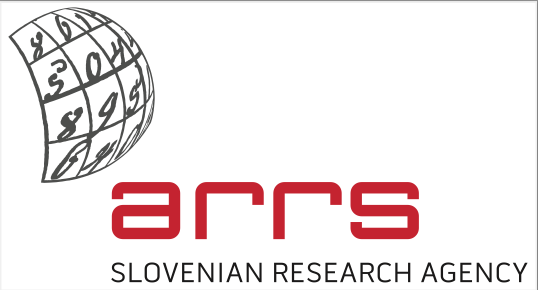Context-Aware On-Device Approximate Computing (CODA)
This research is funded by the Slovenian National Research Agency (ARRS) project number J2-3047 [SICRIS]

Project team:
- Dr. Veljko Pejović
- Dr. Octavian Machidon
- Dr. Alina Machidon
- Dr. Davor Sluga
Description
Processing hardware improvements and denser hardware packing have been staple methods for satisfying our computing appetite in the last decade. Yet, recently it became obvious than neither Moore's law, stating that the number of transistors on a microchip doubles every two years, nor Dennard scaling, a law stating that as transistors get smaller the power use stays proportional to the area, hold any more. Consequently, further processing hardware packing would require both more space and more power (i.e. larger batteries), something which small form-factor portable mobile devices cannot afford. Instead, we propose the following approach termed Approximate Mobile Computing (AMC) to reduce the energy needs of mobile devices.
In different contextual situations (1), either because of a user’s needs (e.g. a need for the battery to last till the end of the day), or the inherent nature of the to-be-processed data (e.g. noisy sensor readings), we can relax the current constraints requiring perfectly accurate computation (2) and use approximation (3) to deliver the result that still satisfies a user’s needs, yet consumes the least amount of resources.
While in our previous project we examined the potential of approximate mobile computing (AMC) and implemented basic techniques enabling approximate execution on mobiles, in this project we focus on:
- Enabling variable-accuracy execution and profiling the result accuracy-resource utilization space
- Modelling users’ receptivity of sub-accurate results in various scenarios
- Controlling and adapting approximate execution in real time
Publications:
- A. Machidon and V. Pejovic
Deep Learning Techniques for Compressive Sensing-Based Reconstruction and Inference - A Ubiquitous Systems Perspective
Artificial Intelligence Review (2022). - A. Machidon and V. Pejovic
Enabling Resource-Efficient Edge Intelligence with Compressive Sensing-Based Deep Learning
ACM Computing Frontiers, May 2022 - T. Knez, O. Machidon, and V. Pejovic
Self-Adaptive Approximate Mobile Deep Learning
Electronics (2021)